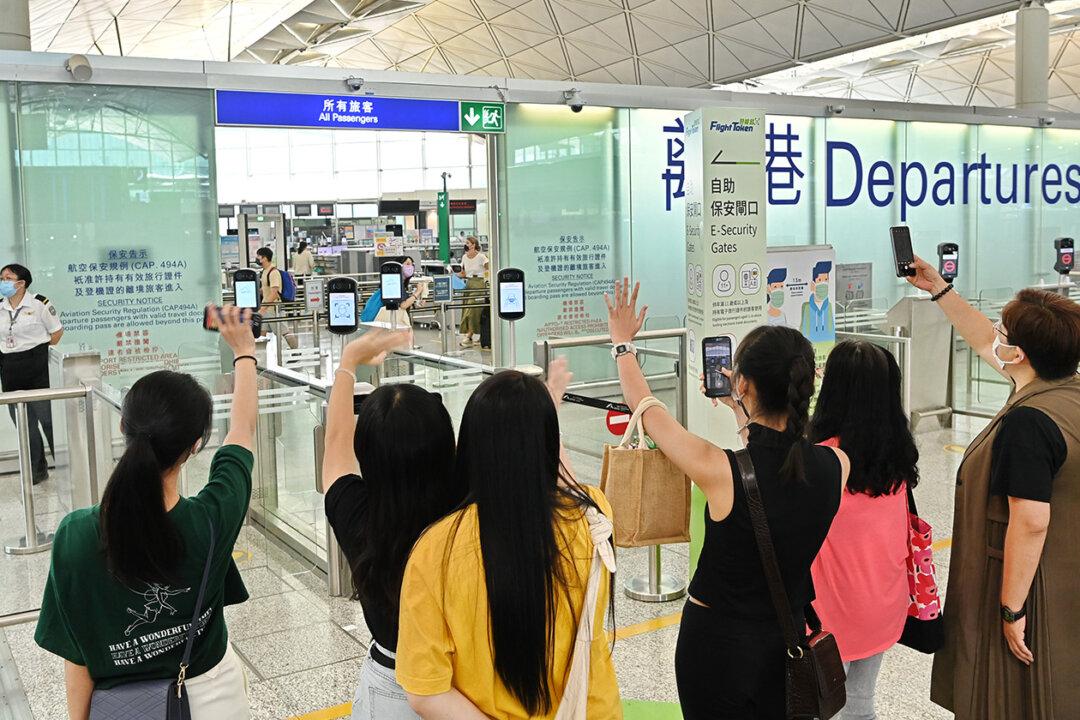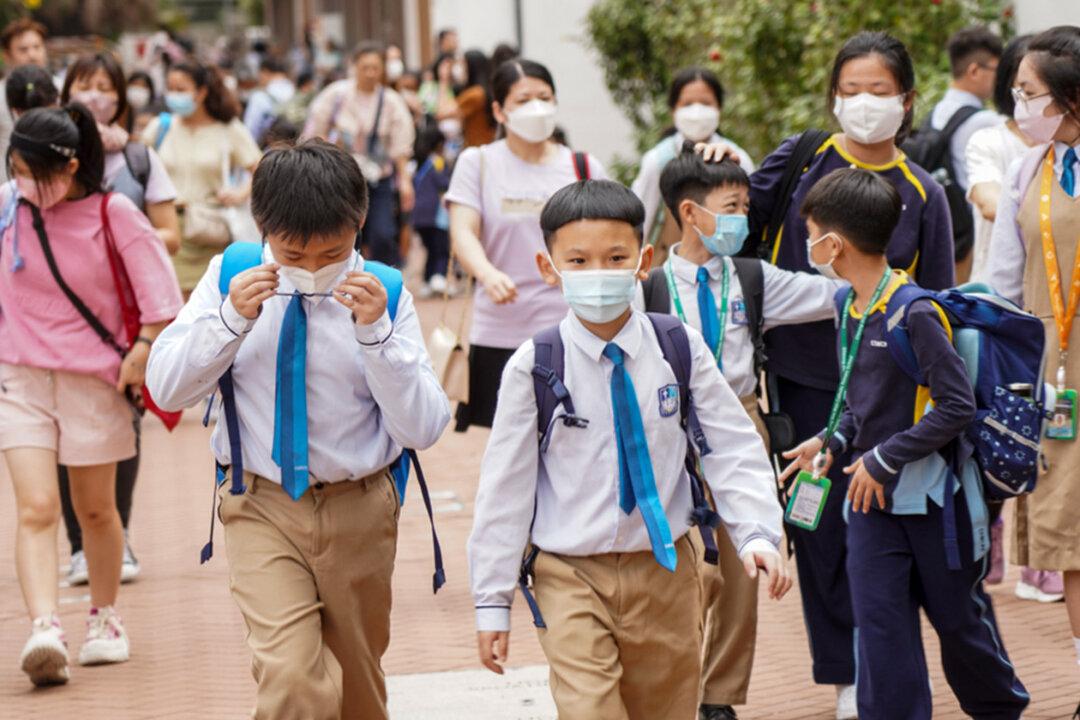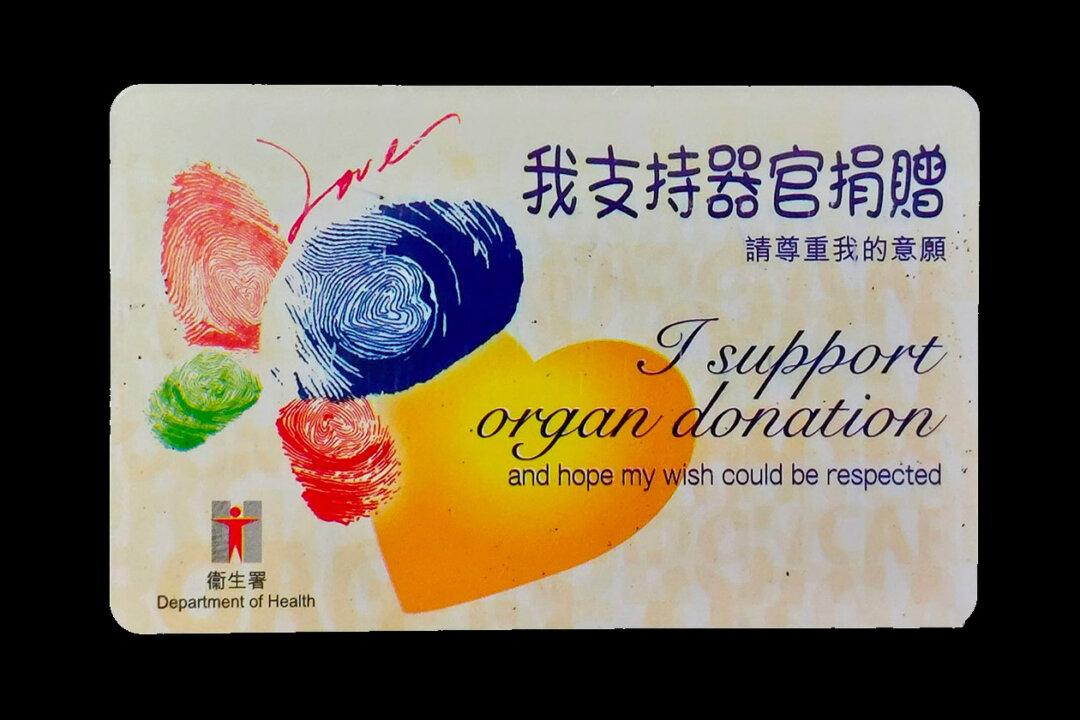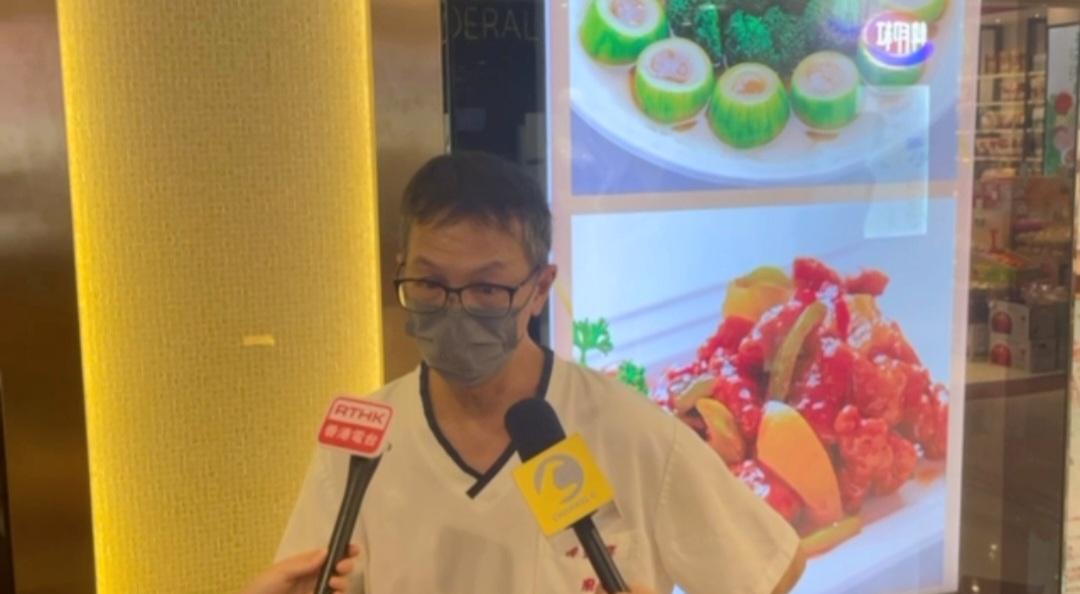During World War II, there were wartime leaders in many countries, and many of them left their names in the Hall of Fame. In Hong Kong, where freedom of the press is deteriorating, it is also not easy at all to be a “wartime chairman” and cope with various pressures to protect freedom of speech. Ronson Chan Long-sing, chairman of the Hong Kong Journalists Association, bears this heavy burden in the worst times. No one can predict whether history will remember his name, but one thing is certain, that is, it is not easy to live under the government’s surveillance.
Chan, who has been in the media industry for nearly 20 years, has worked in different news organizations, including some pro-establishment media.




